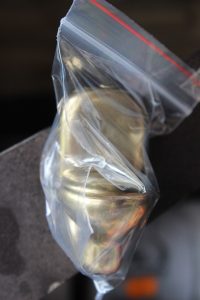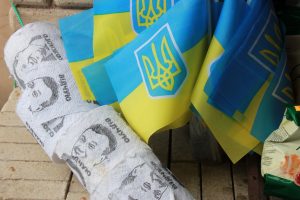Political conflict can create deep turmoil within families. Marina lost her only son to fighting in eastern Ukraine. He died while fighting in a Ukrainian airborne division that was attempting to regain territory lost to separatists. The magnitude of this loss becomes more palpable if we consider Marina’s family as a whole: her mother had welcomed the separatists and supported them in their fight. Her sister was politically active and took a leadership position in one of the breakaway republics. So as Marina sees it, her mother and sister helped facilitate the death of her only son.
The EU referendum results have also thrown families into upheaval. The title of a recent article sums it up well “I can barely even look at my parents.” In the aftermath of Britain’s vote to leave the EU, a generation gap between the millennials and the older generation has widened. Young people report having heated arguments with their parents, being hung up on, and even being told to leave Great Britain if it is so wonderful in the EU. A primary issue is that the younger generation has been planning for a future that as a result of the vote to exit the EU, is out of reach. One man summed up his feelings toward his parents by saying “I feel betrayed.” https://www.theguardian.com/lifeandstyle/2016/jun/27/brexit-family-rifts-parents-referendum-conflict-betrayal

Betrayal. It is a commonly used word within families affected by the war in the Donbas region of eastern Ukraine as well. I am calling this phenomenon, that seems to be a part of conflict in many places and times, fractal kinship. A fractal is a natural phenomenon or a mathematical set that exhibits a repeating pattern that displays at every scale. Fractals are useful in modeling structures like coastlines and snowflakes, in which similar structures recur at progressively smaller scales.
There are other pertinent examples of fractal kinship in more distant history. Abraham Lincoln warned in 1858 that a “house divided against itself cannot stand.” This notion became part of the American political vocabulary. The American Civil War pitted brother against brother and father against son. As Taylor (2005) points out, the division of families in the Civil War shattered expectations and beliefs about the meaning of family at the time, prompting people to step back and think. Continue reading

